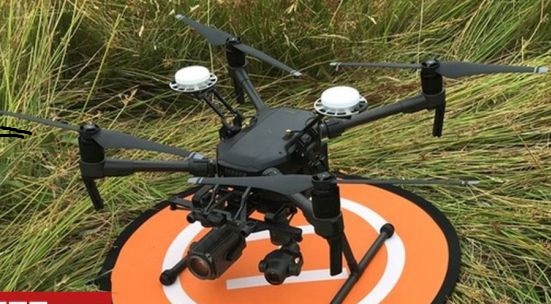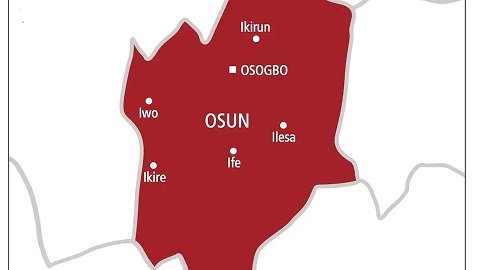[ad_1]
THE president of the Nigeria Unmanned Systems and Robotics Association (NUSA), Air Vice Marshal Olufemi Idowu (retired) has pledged that the body would continue to liaise with appropriate Nigeria licensing authorities to ensure that safety is not compromised while operating drones.
Not a few are of the view that the right legislation and regulations regarding the use of unmanned aerial vehicles (UAVs) are a step in the right direction for aircraft accident investigation
Drones may be the source of groans in the aviation industry, with many causing delayed flights and safety hazards. But what about the vast potential for UAVs to provide assistance and even improve safety? Here’s a look at how drones could help rather than hinder airports.
The Nigerian Civil Aviation Authority (NCAA) while acknowledging that flying a drone is legal in Nigeria,however, emphasized the need to be aware of the regulations for total compliance before delving into it.
The use of drones are described as significant hazard In an airport setting for example when a drone is sucked into a jet engine, the metal or plastic device with high-capacity batteries has the potential to cause far more damage than that created by a bird strike.
While it was acknowledged that, a drone coming into contact with a fast-moving plane can damage the body of the plane or the windshield, to avoid any of such incident, airports now shut down flights when a drone is sighted which was responsible for the shutdown of Gatwick Airport in December 2018.
Speaking at a safety seminar organised on ‘safety and risk management for unmanned aircraft operations’ held at the NIGAV Centre at the Murtala Mohammad International Airport Ikeja, Idowu, explained that NUSA will ensure that interested members or would-be members were duly licensed by the NCAA in order to sustain safety in the airspace while fostering development on the private unmanned system.
“Today, NUSA as part of its commitment to the safe and responsible use of unmanned aircraft in Nigeria is hosting this seminar to better educate members on safety and risk management in unmanned aircraft operations”
Idowu cited how the association had been striving hard with a specific target to reach non-members of NUSA especially the unlicensed ones whose operations may likely constitute a safety hazard in the national airspace.
While pledging that NUSA will not encourage unauthorised operators in order to continue ensuring safety in the airspace, Idowudeclared “We serve as a body of knowledge on unmanned systems for government regulatory bodies as well as interested stakeholders and end users of unmanned systems, especially remotely piloted aircraft systems”
In his address, the Chairman of Dronteck and host of the seminar, Mr Fortune Idu, described NUSA as an NGO duly recognised by the NCAA as a body founded to foster, develop and promote unmanned vehicle systems and robotics technologies in the country.
Idu said the UAS and the autonomous vehicle industry have continued to grow at an exponential rate with the country left behind adding that the emerging industry remained a game changer with huge potential to create jobs in software and hardware engineering while empowering other sectors to deliver speed and efficiency.
Lamenting how drone entrepreneurship had continued to pose major safety challenges worldwide, Idu noted that the vertical control which comes from regulation and monitoring was not completely firmed and harmonized with the regular aviation or manned aircraft system and Airspace was being developed
“This is a very sensitive window that can lead to disaster which should be a safety concern to all. As this industry continues to grow fast, so also the risk that comes with unsafe operations”, he added.
[ad_2]








